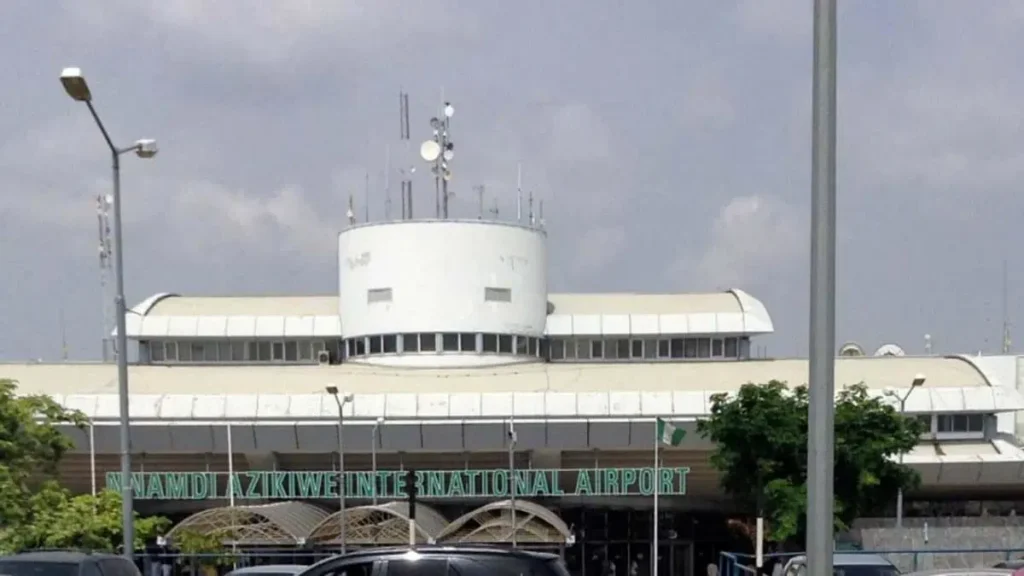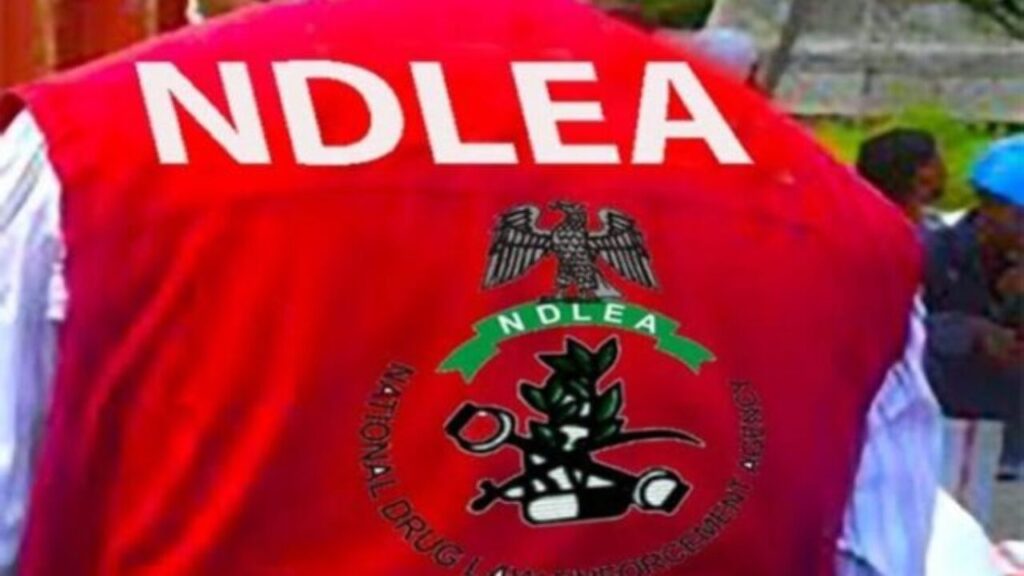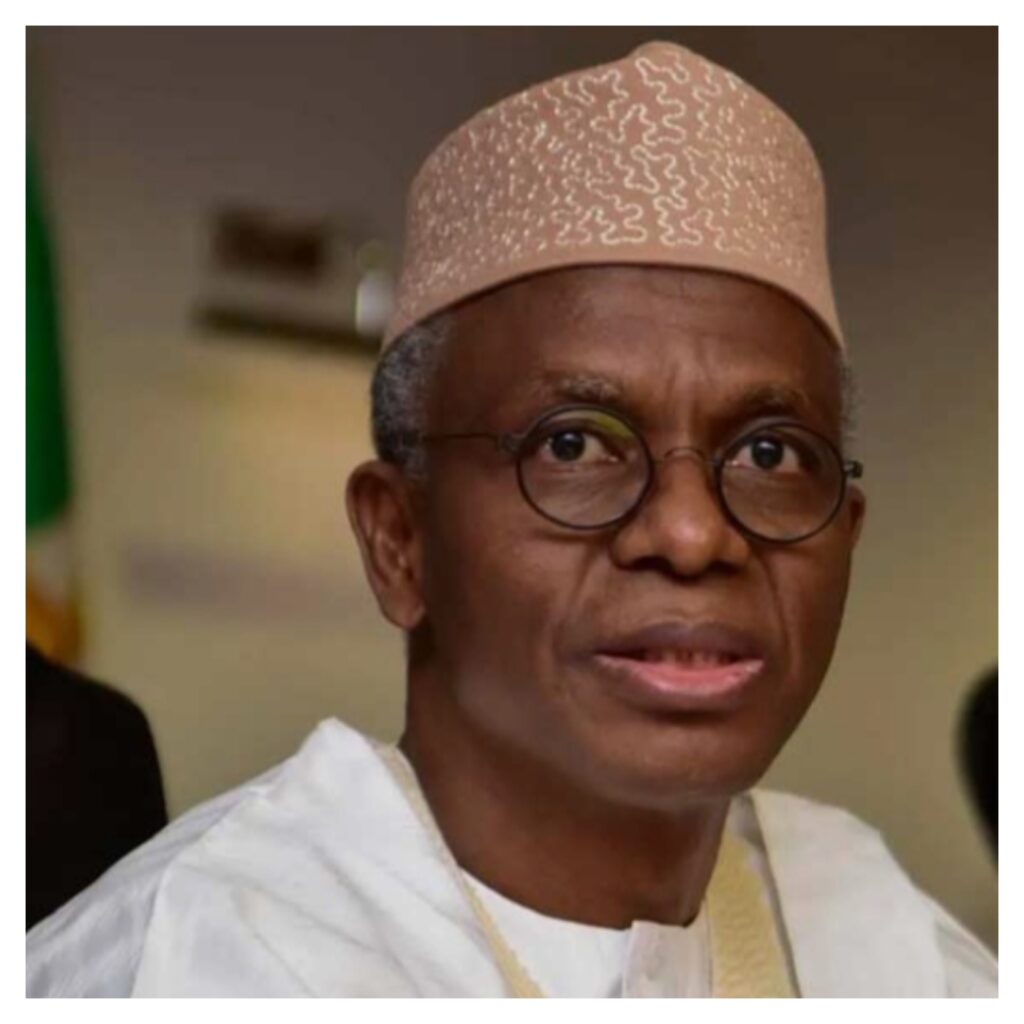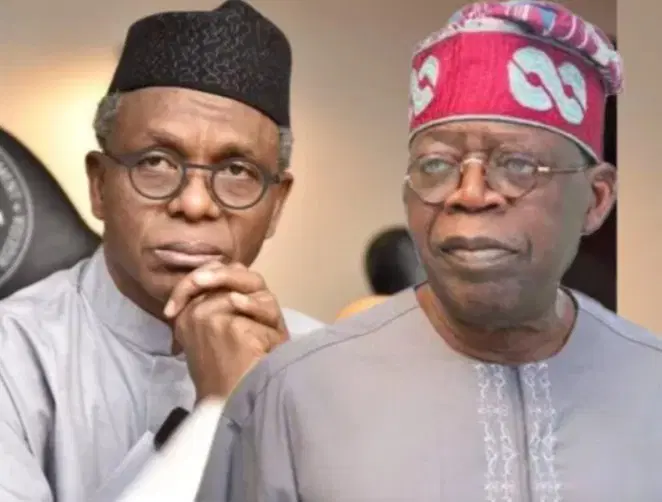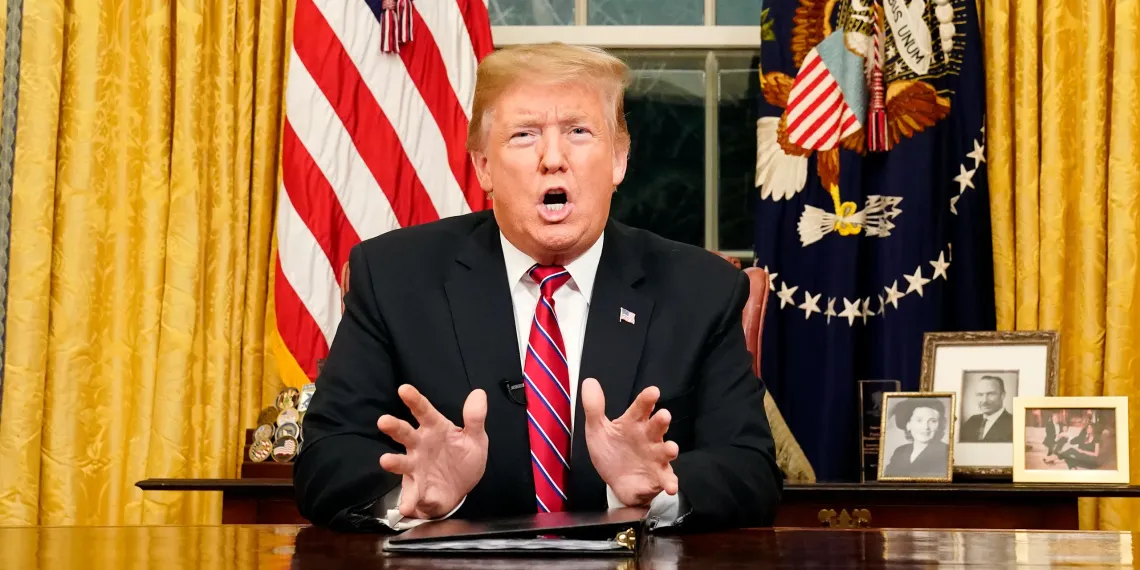Now Reading: Wisdom or Worry? Tinubu’s “Chicago Classmate” Exposed as Teen Alleged Arms Dealer in DRC
-
01
Wisdom or Worry? Tinubu’s “Chicago Classmate” Exposed as Teen Alleged Arms Dealer in DRC
Wisdom or Worry? Tinubu’s “Chicago Classmate” Exposed as Teen Alleged Arms Dealer in DRC
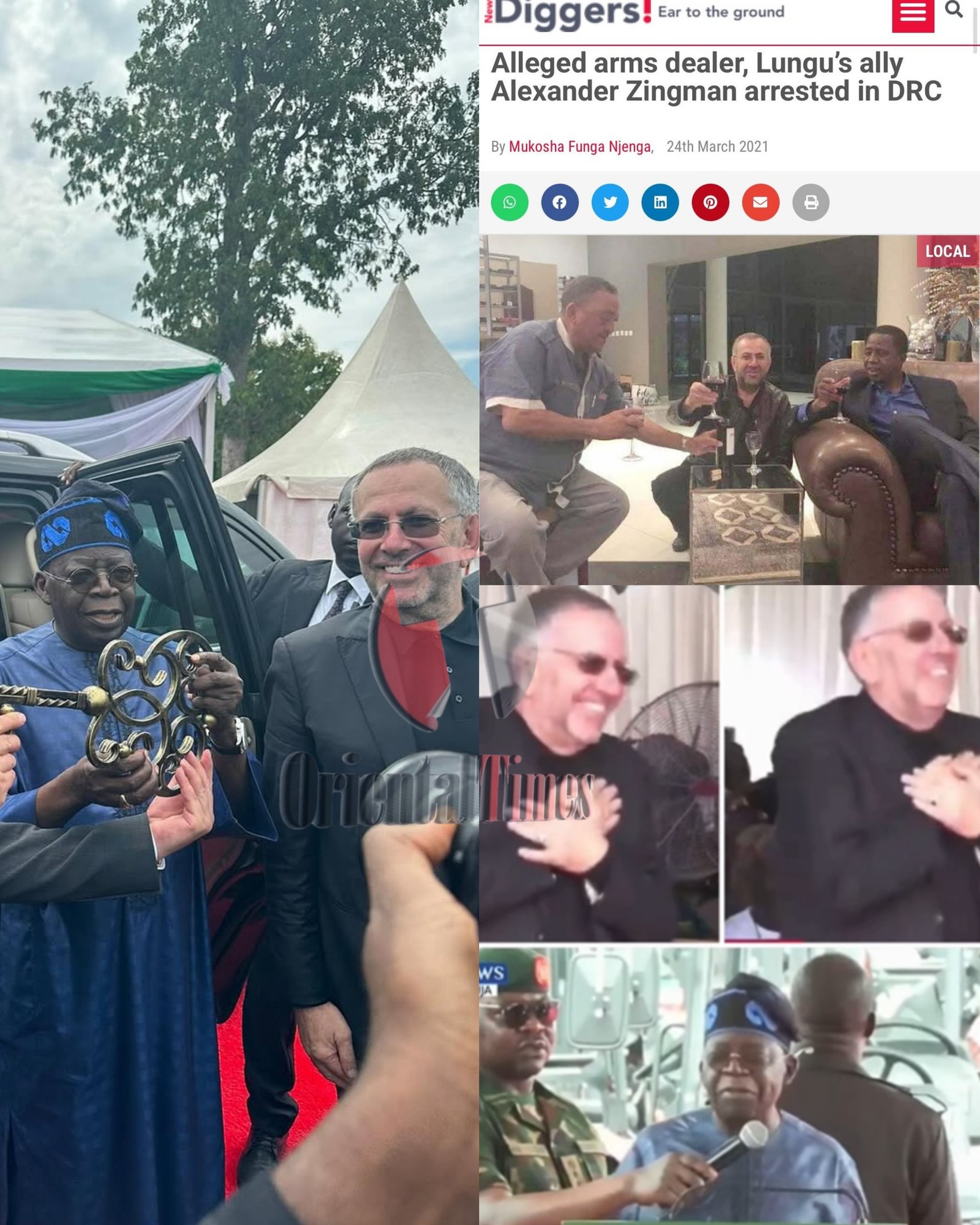
A scorching wave of online backlash erupted after netizens uncovered startling inconsistencies about Durojaiye Ogunsanya, whom President Bola Tinubu introduced as his Chicago State University classmate. Instead, investigators now claim Ogunsanya was arrested in the Democratic Republic of Congo (DRC) in 2021 as a 17-year-old arms dealer—and was only 13 when Tinubu purportedly graduated in 1979.
The story unraveled this week when users on X (formerly Twitter) scrutinised Ogunsanya’s background—and discovered his alleged 2004 birth year. President Tinubu, born in 1952, was said to have graduated at age 27, yet the alleged classmate would have been barely a teen. The explanation: the “Chicago friendship” timeline collapses under the facts.
Further digging exposed credible sources linking an individual with the identical name to a 2021 DRC arrest for trafficking small arms among militia groups in North Kivu Province. Though official confirmation remains elusive, the connection has provoked a torrent of memes, scorn, and conspiracy theories online.
This landslide of revelations has intensified existing doubts over Tinubu’s academic credentials, which have been linked to lawsuits in U.S. courts by opposition figures seeking to verify his Chicago transcript and degree. Critics now point to this episode as proof of a pattern: using unverifiable classmate testimonies to bolster contested narratives.
Digital sleuths now call for Ogunsanya to “come clean or be exposed,” demanding proof—like yearbooks, photos, or official student IDs—to validate his claimed shared classroom with Tinubu. Failing that, they threaten that what started as a defense of the President’s résumé will likely implode into scandal.
The Presidency has yet to comment. With Nigeria already bracing for general elections in 2027, this brewing storm may plant fresh doubts in the minds of an electorate weary of misinformation and nepotism. The timing? Crucial. The stakes? Higher still.
As netizens sharpen their knives and Twitter algorithms go into overdrive, one thing is clear: what started as a friendly anecdote now risks overshadowing Nigeria’s political narrative—and casting long shadows on the trustworthiness of those at the top.
